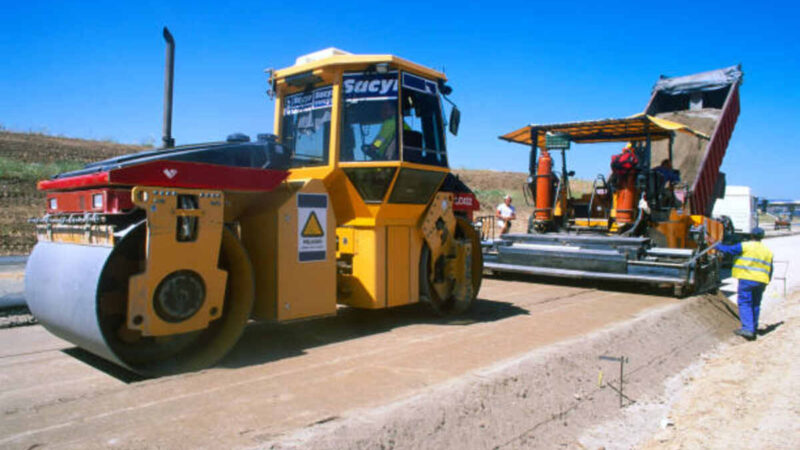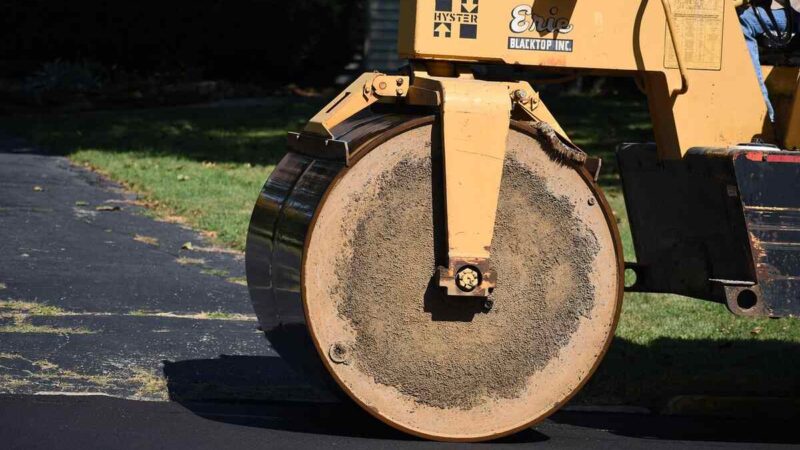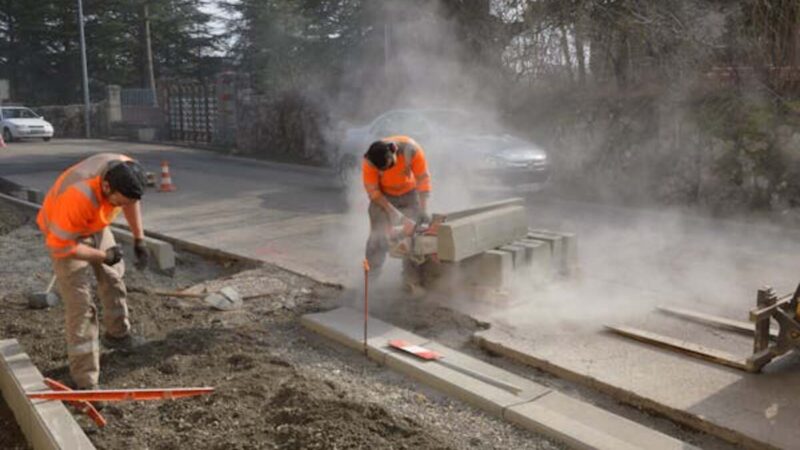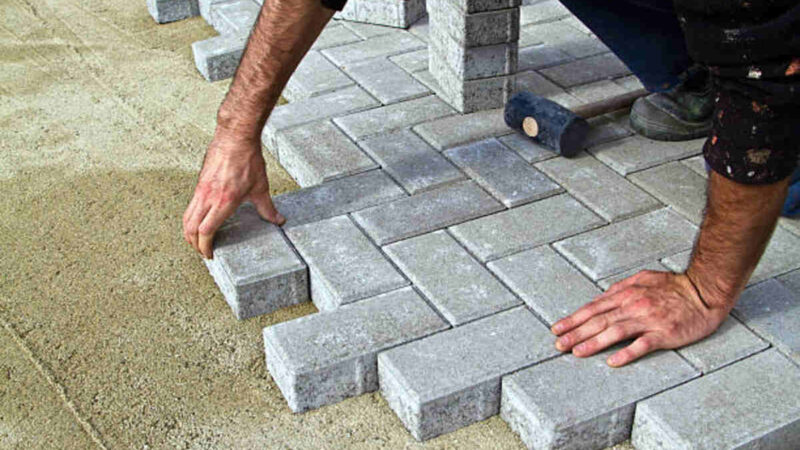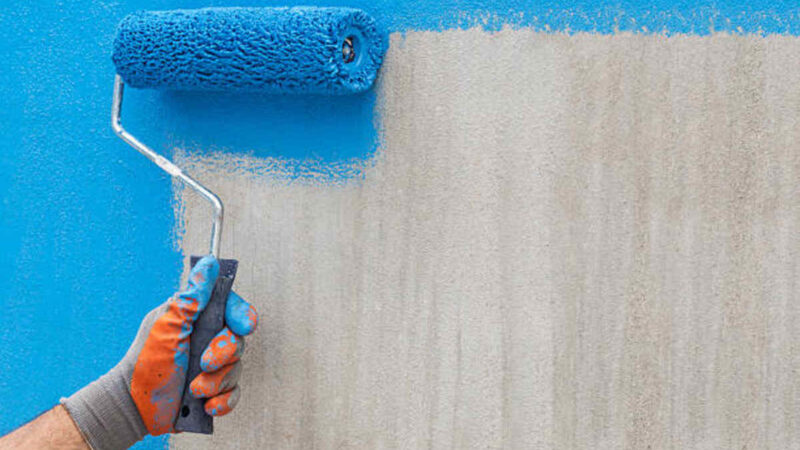Choosing the Right Dallas Demolition Contractor
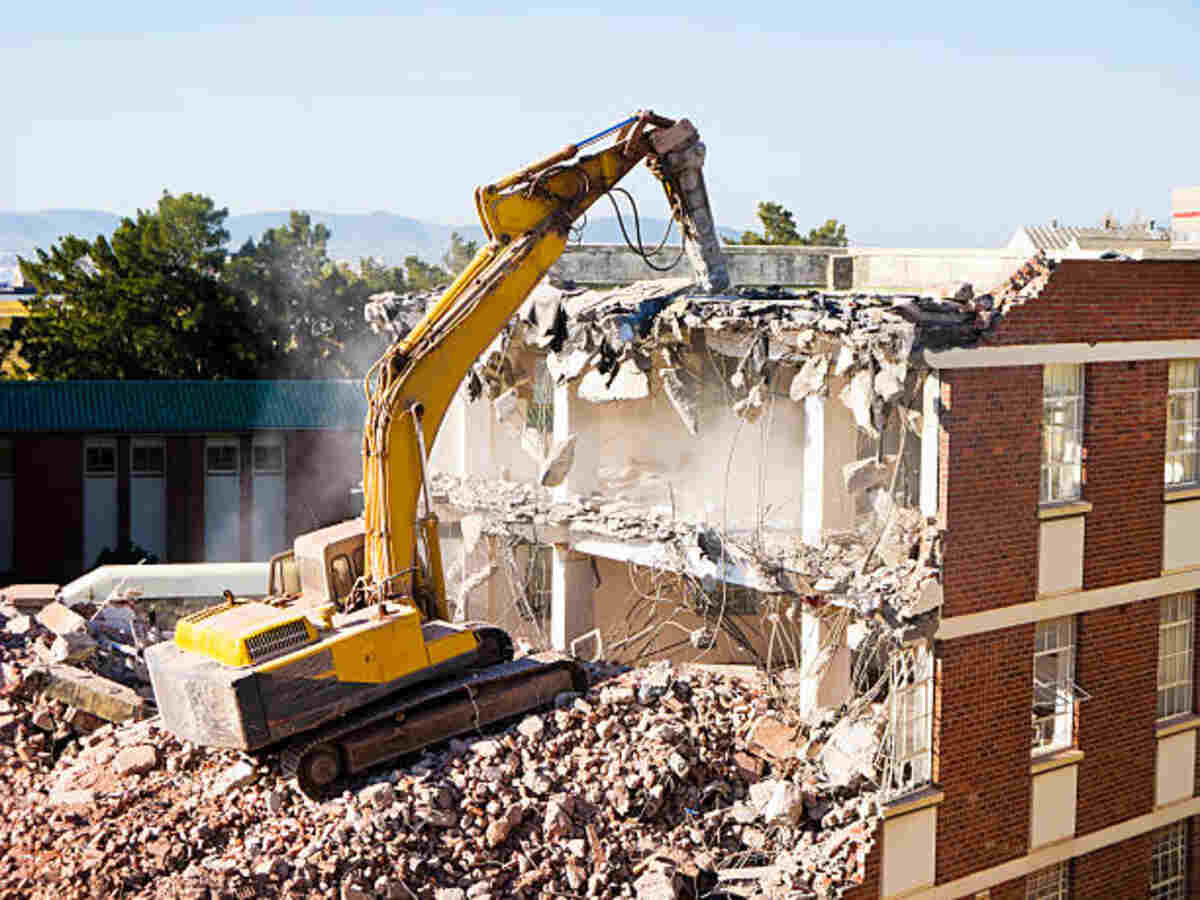
When it comes to demolition, whether you’re planning to tear down a small residential property or a large commercial building, choosing the right demolition contractor is crucial. Not only does this decision impact the efficiency and safety of your project, but it can also affect your budget and timeline. If you’re in Dallas and scratching your head about which demolition contractor to choose, you’re in the right place. Let’s break it down into simple steps to make your decision-making process as smooth as possible. What do you need to consider about Dallas demolition.
Understanding What You Need
Before you even start searching for demolition companies in Dallas, it’s important to have a clear understanding of your project requirements. Are you demolishing a small garage, a house, or perhaps a larger commercial structure? Each of these projects requires different expertise, equipment, and permits.
Assess Your Project Scope
Start by assessing the scope of your demolition project. This includes:
- The size of the structure: Understanding the square footage and height of the building can provide insights into the complexity of the demolition. Larger structures may require more specialized equipment and longer timelines.
- The type of materials involved (wood, concrete, steel): Different materials require different demolition techniques. For instance, concrete and steel structures might need heavy machinery and specialized tools, while wooden structures could be dismantled more straightforwardly.
- The proximity of the structure to other buildings or public spaces: This factor is crucial for safety planning. Close proximity to other structures or public areas could necessitate more controlled demolition methods to avoid collateral damage.
- Any potential hazards, like asbestos or lead: Identifying hazardous materials early can prevent safety issues. If asbestos or lead is present, you’ll need specialized removal services to comply with health regulations.
Define Your End Goals
Knowing what you aim to achieve post-demolition can also shape your contractor search. Are you planning to clear the land for new construction, or is environmental reclamation your goal? This will affect not only the demolition approach but also the cleanup and disposal methods.
Budget and Timeline Considerations
Establish a clear budget and timeline for your project. This will help you eliminate contractors who can’t meet your financial or scheduling needs. Consider any flexible aspects of your plan as well, allowing room for unforeseen delays or budget adjustments.
Researching Dallas Demolition Contractors
Once you have a clear understanding of your project, it’s time to dive into the world of Dallas demolition contractors. Here’s how you can start your research:
Look for Experience and Expertise
When it comes to demolition, experience counts. Look for contractors who have a proven track record in handling projects similar to yours. Check their portfolio or ask for references. A reputable contractor should be able to provide examples of previous work and satisfied clients.
Portfolio and Case Studies
Examine the contractor’s portfolio for projects that match your scope and complexity. Case studies can provide detailed insights into how the contractor handled challenges and delivered results. This can be crucial for understanding their problem-solving skills and adaptability.
Industry Recognition and Certifications
Consider contractors who have received industry awards or certifications. These recognitions indicate a level of excellence and commitment to industry standards. Certifications, in particular, show that the contractor has met specific criteria in safety, quality, and technical expertise.
Specialized Skills
Depending on your project, you might need a contractor with specialized skills. For instance, if your project involves high-rise buildings or requires implosion techniques, ensure the contractor has relevant expertise and resources.
Verify Licensing and Insurance
Never work with a contractor who isn’t properly licensed and insured. In Dallas, demolition contractors need specific licenses to operate legally. Verify that the contractor holds the necessary licenses and ask for proof of insurance. This not only protects you but also ensures that the contractor adheres to local regulations and safety standards.
Understanding Licensing Requirements
Familiarize yourself with Dallas’s specific licensing requirements for demolition contractors. This knowledge will help you verify that a contractor is legally compliant. Licenses often require contractors to demonstrate proficiency in safety protocols and technical skills.
Importance of Insurance Coverage
Insurance protects against potential liabilities arising from accidents or damages. Make sure the contractor’s insurance covers workers’ compensation, property damage, and personal liability. This coverage is essential to safeguard your interests during the demolition process.
Validating Contractor Credentials
Request documentation for both licensing and insurance, and don’t hesitate to contact the issuing bodies for verification. This extra step can prevent future disputes or complications, ensuring your chosen contractor is fully qualified and legitimate.
Read Reviews and Testimonials
The internet is your friend here. Look for online reviews and testimonials from previous clients. Websites like Yelp, Google Reviews, and the Better Business Bureau can provide valuable insights into the contractor’s reputation and reliability.
Analyzing Online Reviews
When reading reviews, pay attention to recurring themes or issues. Consistent positive feedback about a contractor’s punctuality and professionalism is a good sign. Conversely, recurring complaints may indicate persistent problems you should be wary of.
Seeking Testimonials from Trusted Sources
In addition to online reviews, seek testimonials from friends, family, or colleagues who have undertaken similar projects. Personal recommendations can offer trustworthy insights and often reveal less obvious aspects of working with a particular contractor.
Evaluating Contractor Responsiveness
Observe how contractors respond to negative reviews. A professional, constructive response can indicate a commitment to customer service and improvement. This responsiveness is crucial for resolving any issues that might arise during your project.
Getting Quotes and Comparing Offers
After narrowing down your list of potential contractors, the next step is to get detailed quotes. Here’s how you can do it:
Request Detailed Quotes
When requesting quotes, ensure that they include a detailed breakdown of costs. This should cover labor, materials, permits, and any additional services like site cleanup. A transparent quote will help you compare different contractors more effectively.
Importance of Cost Breakdown
A detailed cost breakdown provides clarity on how your budget will be allocated. It prevents unexpected expenses and allows you to question specific charges. This transparency is essential for making an informed decision.
Hidden Costs and Additional Services
Be wary of hidden costs that may not be immediately apparent. Ask about potential additional services such as waste disposal, site preparation, or remediation of hazardous materials. Understanding these can prevent budget overruns.
Clarifying Payment Terms
Discuss payment terms, including deposit requirements and payment schedules. Understanding these terms upfront can help you manage cash flow and avoid disputes. Ensure that payment terms are outlined in the contract to protect both parties.
Evaluate the Cost vs. Value
While it might be tempting to go with the cheapest option, remember that you often get what you pay for. Consider the value that each contractor offers in terms of experience, expertise, and services included. Sometimes, paying a bit more upfront can save you from headaches down the line.
Balancing Cost with Quality
Evaluate the quality of services provided in relation to cost. A slightly higher price may be justified by superior materials, advanced technology, or a more experienced crew. Weigh these factors carefully against your budget constraints.
Long-term Project Implications
Consider the long-term implications of your choice. A contractor with a strong reputation for quality work can contribute positively to future projects. Conversely, cutting corners could lead to costly repairs or delays later on.
Negotiating for Added Value
Don’t hesitate to negotiate terms to add value without increasing costs. This could include extended warranties, faster timelines, or additional services. Effective negotiation can enhance the overall value of your contract.
Asking the Right Questions
When you meet with potential contractors, asking the right questions can make all the difference. Here are some questions to consider:
- What’s your timeline for completing the project?
- How do you handle unexpected issues or delays?
- What safety measures do you have in place?
- Can you provide references from past clients?
These questions will help you gauge the contractor’s professionalism and reliability.
Understanding Project Timelines
Discuss the estimated timeline and milestones for your project. Understanding how the contractor plans to meet deadlines will help you assess their organizational skills. Ensure there’s a plan for handling potential delays or adjustments.
Contingency Plans and Problem Solving
Ask how the contractor handles unexpected issues, such as weather delays or equipment failures. Their ability to adapt and resolve problems quickly is a critical factor in keeping your project on track.
Safety Protocols and Compliance
Inquire about the contractor’s safety protocols and their compliance with local regulations. A strong safety record is indicative of their commitment to protecting workers and your property. Discuss any specific safety concerns you might have.
Vetting References and Past Work
Request references from past clients and follow up with them. Ask about their experience with the contractor, the quality of work, and any challenges faced. This feedback can be invaluable in confirming your choice.
Making the Final Decision
Now that you’ve done your homework, it’s time to make a decision. Consider all the information you’ve gathered, from quotes to reviews, and trust your instincts. Choose a contractor who not only meets your technical requirements but also makes you feel comfortable and confident.
Weighing All Factors
Take a holistic view of all the factors: cost, value, reputation, experience, and your comfort level with the contractor. Each of these elements plays a role in the success of your project. Prioritize what matters most to you.
Building a Strong Contract
Once you’ve chosen a contractor, ensure that all terms are clearly outlined in a contract. This should include scope of work, payment terms, timelines, and any special agreements. A comprehensive contract protects your interests and sets clear expectations.
Trust Your Instincts
At the end of the day, trust your instincts. Choose a contractor who communicates clearly, answers your questions patiently, and seems genuinely interested in helping you achieve your project goals. Your comfort with the contractor can significantly impact the project’s outcome.
Final Thoughts
Choosing the right demolition contractor in Dallas doesn’t have to be overwhelming. By understanding your needs, doing thorough research, and asking the right questions, you can find a contractor who will ensure your demolition project is completed safely, efficiently, and within budget.
Importance of Due Diligence
Remember, due diligence is key to a successful partnership. Investing time in research and evaluation can save you from costly mistakes and ensure your project runs smoothly.
Future Planning and Project Success
A well-chosen contractor will not only tear down a structure but will also lay the groundwork for your next project, be it a new building or a landscaped garden. Their expertise can have long-term benefits for your future plans.
Taking Informed Steps
So, take your time, do your homework, and make an informed choice. Happy demolishing!



